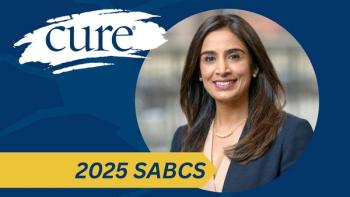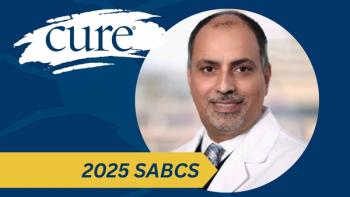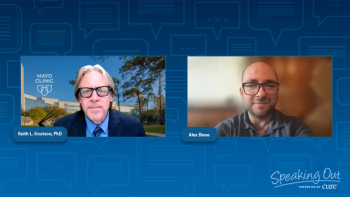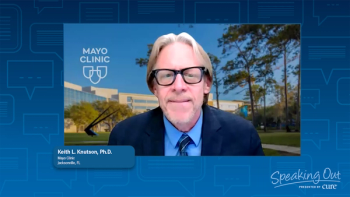
Knowledge is Power: A Patient With Metastatic Breast Cancer Advocates for Self-Awareness, Not Being Afraid to Ask Questions
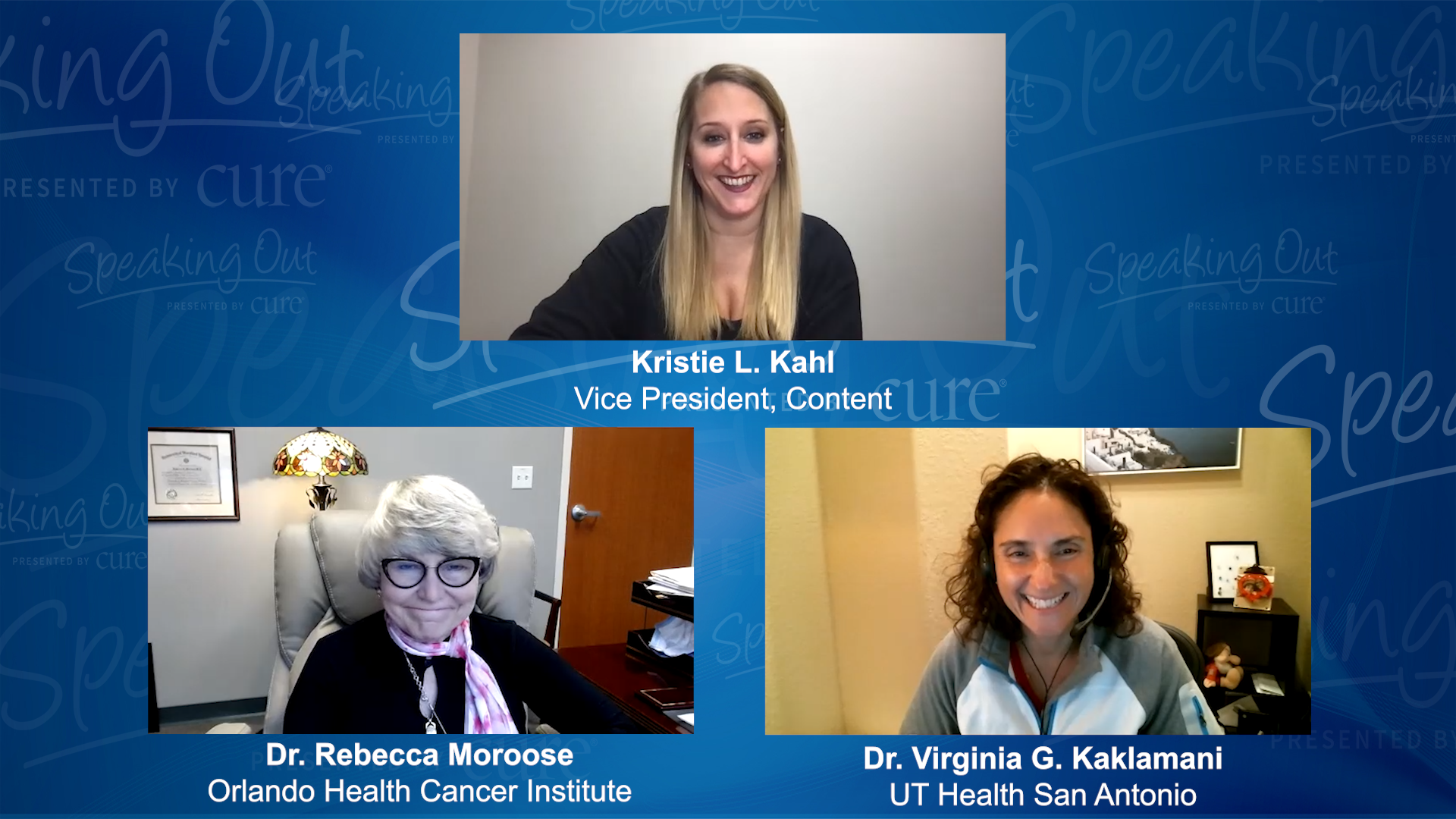
As part of its CURE Speaking Out video series, CURE spoke with Natalia Green, senior producer and co-host of Our MBC Life, about the importance of patient-physician communication and its impact on treatment decision-making.
Kristie L. Kahl: Can you discuss your journey and how you started the conversation about treatment with your health care team?
Natalia Green: My journey starts in 2017. I was diagnosed with breast cancer. And this is about three months after my son was born. And after November, treatments of radiation, chemo and a mastectomy. In 2019, I was diagnosed with metastatic breast cancer, and then in 2020, my breast cancer spread to my bones, mostly in the spine area, and in 2020, actually developed brain metastases. But I've been a year without progression. So, treatment is working and things are good. I've been through three lines of treatment so far. And the current line is doing its job for now and keeping me alive.
As far as my journey, speaking to my oncology team, it's been a very open experience, I think, I'm very lucky and really recognize the privilege I have to have good insurance, a team that is open to talking to me about my treatment options and a team that really supports the treatment options that I choose. They don't just lay out one, a lot of the times it's a couple to see where they go. That's how that's been going and where I started with my breast cancer, in general.
Kristie L. Kahl: Why do you think it is important for patients to make sure that they're learning more about their treatment options, so that way they can be an active voice when it comes to their treatment decisions?
Natalia Green: I think it's cliche to say, but knowledge is power. The more we know about our disease, in general, the more we can kind of self-check our bodies for those symptoms of things acting up. I know that when I was diagnosed with metastatic breast cancer, what prompted me to go to the hospital, to the doctor, and talk about some of the symptoms I was feeling. I was being really self-aware of where my body was, and what was changing in it, that caused concern. And knowing more about the disease also led me to what could possibly happen if I was to metastasize, what symptoms would I feel if that did happen. And so it made me very self-aware.
I also think that knowing more about your disease, you can listen to your medical team and feel confident about the decisions that there are, the plans that they're laying out for you. There's nothing worse than going into treatment and not knowing enough about it, of what it's supposed to do, what it's not supposed to do, the side effects that might come (versus) just kind of going in with a blind eye, when you're more aware of what the treatment options are going to offer, what the side effects could be, or what it's supposed to do in the sense of how it's going to treat your cancer. And you can go in there with confidence saying like this is going to work or, you know, not be blindsided when a symptom does happen, or when it doesn't work.
Kristie L. Kahl: Do you have advice for our patients to learn more about their treatment options and to just be more involved in their treatment decisions?
Natalia Green: I always say ask questions. And I know that's easier said than done. And this is not just about asking questions that one time when you're meeting with your doctor on a routine level, it's about processing the information that you get at an appointment and asking to do another appointment to talk about those treatment options.
So much information is given at appointments, especially when those appointments are diagnostic appointments. Your mind is only going to hear what's presented to you, not necessarily about the treatments or the best understanding of what's happening to you. So being able to call back your nurse practitioner or another nurse or even scheduling another appointment. Since the pandemic, telehealth has been a real eye opening experience with doctors that they are able to communicate with you not in person. So this would be a good opportunity for us to try the telehealth experience and ask your doctor to briefly break down what they said in the previous appointment, so you could get it.
There's a lot of shame sometimes in asking that and embarrassment of, well, “I just had an appointment with them and I didn't understand what they're saying.” But that's not the case, at least in my experience, most of my doctors or their team are very open and willing to speak to me. And sometimes, you have to do it that way to really get the best understanding of what your care is going to be like.
Kristie L. Kahl: We hear a lot about disparities in care. So how can we try to raise more awareness to negate these disparities and help educate our audiences affected by these disparities so that they can just be more involved in their care moving forward?
Natalia Green: Education and disparities, it's kind of a tricky subject. I think that the only way we can address disparities is putting those disparities out in the forefront. So that includes having no BIPOC (Black, Indigenous, and People of Color) people be the subject and the goal for research, not just White women or White men. Also putting BIPOC people in front of the camera and using campaigns that just focus on reaching out to those people. I know a lot of times for clinical trials, even advocacy work, there's a casting call, or there's information that if you're interested in entering these trials, here's the criteria you have, but there's no real sense that people of color are being targeted specifically for that. And I think that's what needs to change, especially when it comes to research and clinical trials is filling those seats intentionally with people who are in those demographics that have those types of disparities.
Kristie L. Kahl: What is your biggest piece of advice for others in the metastatic breast cancer community?
Natalia Green: This conversation is talking about advocating for yourself. And advocating can mean a lot of things. if you're not able to speak up as an advocate, that's fine. If you can't do that yourself, then bring someone to your appointment. That is the biggest advice I give to people, especially when I'm advocating in the LatinX community, is, if you can’t speak up for yourself, bring your sister, bring your Tia or your aunt, or your mom, the one that's really going to speak up and get in the way and getting in their business about why they're doing things and breaking things down for you. Back to what I said, knowledge is power. And if you can have your physicians break down what's happening to you and present options, then it's going to be easier to listen to your body when something does arise.

